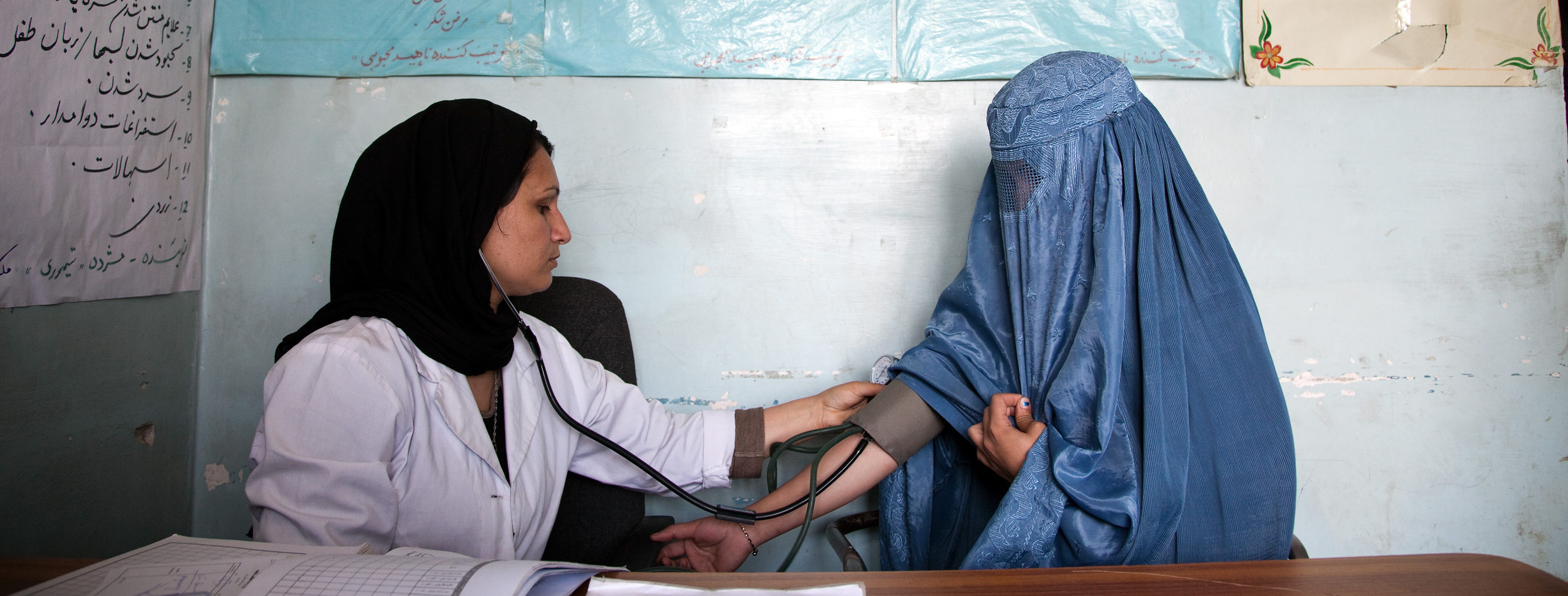News article
Ebola epidemic: changing how we do development?
Come March, we will have reached the one year anniversary of the current Ebola outbreak in West Africa. With the news that the cases of Ebola are declining, the global health...


Jamie Enoch uses World Health Day as a chance to reflect on 2014’s research highlights in global health, and look forward to what lies ahead.
Happy World Health Day to all! This year’s World Health Day is focussed on the important issue of food safety and foodborne illness. However I thought it was also a good moment to take stock of some big issues in global health on UKCDS’ radar and look forward to the year ahead.
Ebola’s devastating impacts in West Africa have dominated the headlines this year, both in the press and the research funding world. The Wellcome Trust, Department for International Development, Medical Research Council, Economic and Social Research Council, Gates Foundation, Pasteur, Fondation Mérieux and other funders teamed-up in various combinations to fund vaccine and treatment trials at unprecedented speed, as well as anthropological and other social science research.

UV screening of Ebola health worker (Image: DFID)
With the focus now on getting to zero cases, a number of key organisations are stepping back to consider Ebola in its broader context, in terms of the outbreak’s implications for development and preparedness for future epidemics. For example:
The UKCDS Ebola Research Database lists all academic research on Ebola
Antimicrobial resistance (AMR) also moved to the top of the agenda in 2014, with senior figures warning of a return to the “dark ages of medicine”.

MRSA bacteria escaping a white blood cell (Image: NIAID)
And some other health developments in the past year…
As for the future of global health, it’s 2015 and the impending Sustainable Development Goals present a milestone opportunity to catalyse progress in health and development. The current draft goal on health and wellbeing (number 3) puts forward an incredibly ambitious and diverse agenda. Targets include:

The eight Millenium Development Goals
This is only a selection of the many targets, and at the same time a few issues (such as antimicrobial resistance) are conspicuous in their absence. What makes it into the final framework, and how this affects future investments in global health research funding, will be decided at the UN Summit in September.
What key global health issues from the past year have I missed? What do you think are the highlights coming up this year? Let us know your thoughts in the comments section below.
Comments